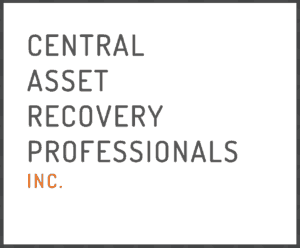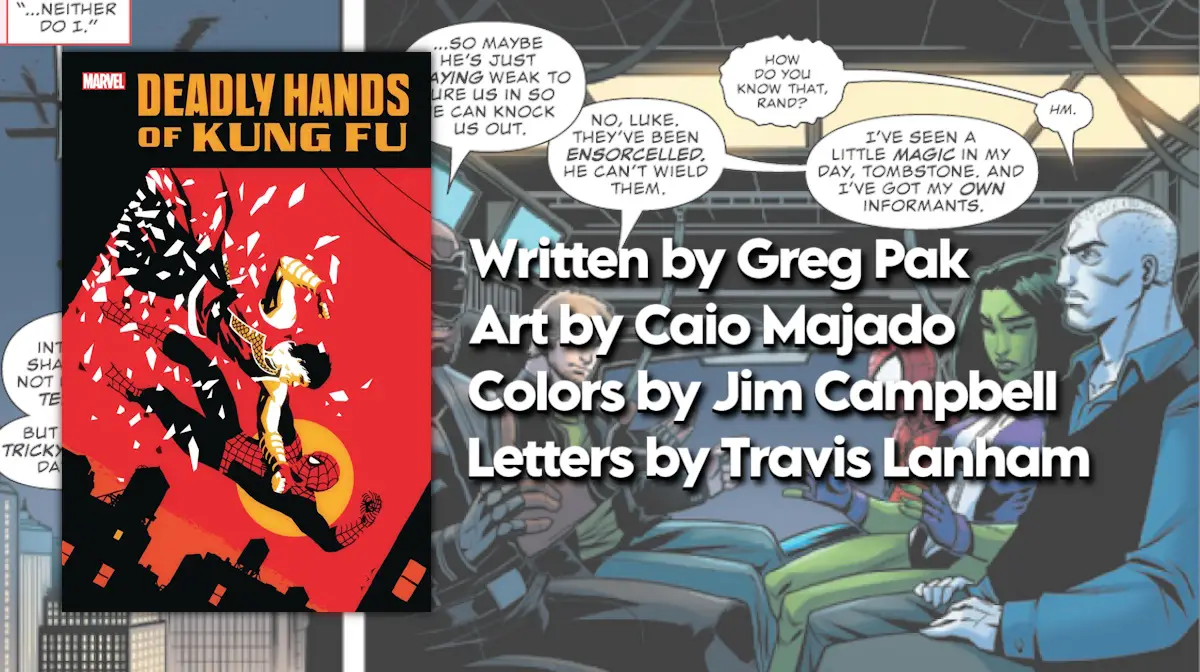John Oliver, the host of HBO’s ‘Last Week Tonight,’ just made the largest financial gift on television… he forgave the medical debt of 9000 people which totaled nearly $15 million dollars. Oliver’s “giveaway” came at the end of a 20-minute segment on debt collectors this past week. Oliver took a thorough, multifaceted look at the shady world of debt collection and debt buying.
Debt buyers purchase debt from creditors and other debt buyers. Sometimes that debt isn’t even owed, as the relevant statute of limitations has expired. If the alleged debtor begins making payments on those bills, it may resurrect the debt as so-called “zombie” debt.

Oliver says the zombie metaphor is “quite apt, because just like on The Walking Dead, zombie debt comes back from the grave, is incredibly hard to deal with, and seems to disproportionately impact minorities.”
Sometimes the debt buyers are buying nothing more than a name and a dollar figure, with little to no proof that the amount is correct or other evidence that the debt is still owed. However, because debt buyers pay so little for these lists of debtors, they only need to convince a small number of people to pay up in order to make their money back.
In more than half the states, you can legally buy debt without a license. In 17 states, you don’t even need a license to collect debts.
“There are places in this country where you need to fill out less paperwork to start collecting money from peoples’ pockets than you do to collect fish from a f*cking lake,” explains Oliver.
He continued: “It is pretty clear by now that debt-buying is a grimy business and badly needs more oversight. As it stands, any idiot can get into it, and I can prove that to you, because I’m an idiot and we started a debt-buying company… And it was disturbingly easy.”
 For a $50 fee, Oliver and his team registered their new debt-acquisition firm, Central Asset Recovery Professionals — CARP, named after the bottom-feeding fish — in Mississippi, complete with a website that was nothing more than the logo you see here.
For a $50 fee, Oliver and his team registered their new debt-acquisition firm, Central Asset Recovery Professionals — CARP, named after the bottom-feeding fish — in Mississippi, complete with a website that was nothing more than the logo you see here.
“With little more to go on than that website,” says Oliver, “we were soon offered a portfolio of nearly $15 million of out-of-statute medical debt from Texas.”
The asking price was less than $60,000 for $14,922,261.76 in this zombie debt — or around $.004 for every dollar of debt owed. Purchasing the debt would give CARP the names, current addresses, Social Security numbers, and amount owed (or previously owed, as the statute of limitations had expired) for nearly 9,000 individuals.
“So, we bought it, which is absolutely terrifying,” admits Oliver. “Because it means if I wanted to, I could legally have CARP take possession of that list and have employees start calling people, turning their lives upside down over medical debt they no longer had to pay. There would be absolutely nothing wrong with that, except for the fact that absolutely everything is wrong with that.”
Thus, rather than try to collect on the debt, Oliver decided to stage the “largest one-time giveaway in television history,” nearly doubling the estimated value of that time Oprah gave everyone in her audience a new Pontiac G6, a moment that has been a gift for meme-makers, but didn’t do much to save the Pontiac brand.
Here’s a look at the ending of the segment where Oliver officially frees people of $15M in medical debt.
https://youtu.be/ZiM-zEIPFfU
Instead of collecting the debt, however, Last Week Tonight partnered with RIP Medical Debt charity and decided to forgive that debt.
“Thanks to this 5 June airing of the HBO comedy series, Last Week Tonight show with John Oliver, there are a lot more of us now privy to this collection industry practice and the debt treadmill it creates,” said Craig Antico, co-founder of RIP Medical Debt. “In a painfully hilarious (debt as funny? Somehow, yes) piece, John Oliver triumphantly out-Oprah’s Oprah in giving away valuable gifts.”
As Antico points out this type of debt-buying for charity was pioneered by Rolling Jubilee, an offshoot of the Occupy Wall Street movement. In 2013, Rolling Jubilee spent $400,000 to purchase $14,734,569.87 worth of personal debt – about $13.5m of it was medical debt – before abolishing it.
“No one should have to go into debt or bankruptcy because they get sick,” Laura Hanna, an organizer with the group, said at the time.
A year later, in September 2014, Rolling Jubilee announced that it had bought another $3.8m worth of student debt belonging to more than 2,700 Everest College students. The debt had cost the activists about $100,000.
“The Rolling Jubilee doesn’t actually solve the problem. The Rolling Jubilee is a tactic and a valuable one because it exposes how debt operates,” said Thomas Gokey, one of the organizers. “It punches a hole through the morality of debt, through this idea that you owe X amount of dollars that the 1% says you owe. In reality, that debt is worth significantly less. The 1% is selling it to each other at bargain-based prices. You don’t actually owe that.”
Rolling Jubilee, which hopes to inspire debtors to get together and exert their collective power, has raised more than $700,000 and abolished $31,982,455.76 worth of debt.
To watch John Oliver’s Debt segment in its entirety, check out the 20+ minute video below.




